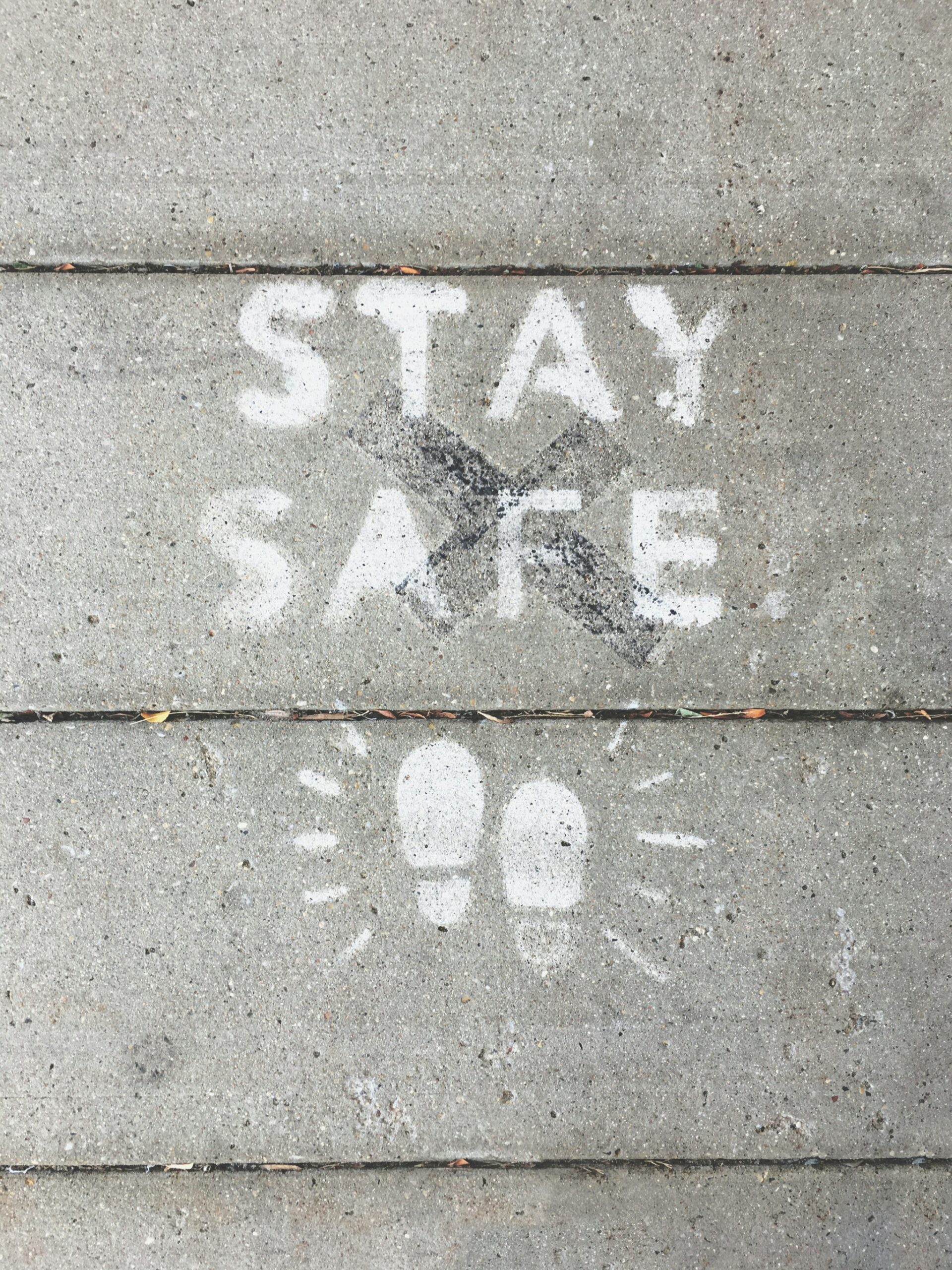Toxic relationships—especially those marked by manipulation, emotional abuse, or control—can take a serious toll on one’s mental and physical health. When these relationships escalate into domestic abuse, taking action can be life-changing and, in some cases, lifesaving. Fortunately, individuals in the United States have access to a range of credible, free, and confidential resources designed to help survivors of toxic or abusive relationships take back control and seek legal protection.
Recognizing a Toxic or Abusive Relationship
Toxic relationships often include behaviors such as emotional manipulation, control over finances, isolation from friends and family, and verbal or physical abuse. According to the National Domestic Violence Hotline (NDVH), abuse may not always be physical; it frequently includes emotional, psychological, and digital abuse as well (The Hotline, 2023).
Coercive control and gaslighting—where the abuser systematically distorts facts to make the victim question their sanity—are common in toxic relationships. These tactics can make it harder for victims to leave, as they begin to doubt their perceptions and decisions (Verywell Mind, 2023).
First Steps Toward Safety
If you believe you are in a toxic relationship, the first step is to develop a safety plan. This includes identifying safe places to go, creating code words with trusted friends or family, and safely storing important documents and money. HelpGuide.org offers detailed instructions on how to plan an exit, especially when safety is at risk (HelpGuide, 2023).
Confiding in someone you trust or contacting a domestic violence hotline can provide immediate emotional and strategic support.
Legal Resources for Protection
Survivors have legal tools at their disposal that can help them protect themselves and their children. Protective orders, also known as restraining orders, can legally prohibit an abuser from contacting or coming near the survivor. These orders are enforceable by police and can be critical in establishing safety (WomensLaw.org, 2023).
Survivors who are immigrants may also qualify for legal protections under the Violence Against Women Act (VAWA), which allows certain individuals to self-petition for legal status without their abuser’s knowledge or cooperation. This law acknowledges the unique risks immigrant survivors face and ensures they are not forced to choose between safety and deportation (USCIS, 2023).
For help navigating these legal options, organizations like WomensLaw.org provide easy-to-understand, state-specific legal guides on filing for protective orders, divorce, custody, and more (WomensLaw, 2023).
Accessing Legal Aid and Emotional Support
For those concerned about affording legal representation, Legal Services Corporation (LSC) funds legal aid programs in every U.S. state. These nonprofits offer free or low-cost representation for survivors of domestic violence, particularly in matters involving protective orders, custody, and housing (LSC, 2023).
Additionally, the National Domestic Violence Hotline offers confidential 24/7 support via phone (1-800-799-7233), text (“START” to 88788), or online chat. They provide emotional support, referrals to shelters, and connections to legal help (The Hotline, 2023).
Florida-Specific Support
In Florida, survivors can access localized legal help through the Florida Coalition Against Domestic Violence (FCADV) and court-based self-help centers. Florida courts also provide protective order forms and instructions online (Florida Courts, 2023).
WomensLaw.org has a Florida-specific resource guide that includes shelter directories, legal hotlines, and free clinics (WomensLaw Florida Help).
Emotional Healing and Recovery
Recovering from a toxic relationship doesn’t end with legal safety. Emotional healing is just as critical. Joining a support group—either in-person or online—can help survivors feel less isolated. Verywell Mind maintains a list of recommended online support groups for survivors, including groups tailored for men, teens, and LGBTQ+ individuals (Verywell Mind, 2023).
Therapy, whether in person or via platforms like Talkspace, offers another layer of support, helping survivors rebuild self-esteem and work through trauma (Talkspace, 2023).
Conclusion
No one deserves to stay in a relationship that threatens their safety, dignity, or peace of mind. Whether you’re ready to leave or still exploring your options, a range of trustworthy, confidential, and free resources are available to help. By taking action—whether through legal channels, emotional support, or both—you are making a powerful choice to protect yourself and your future.
If you’re in immediate danger, call 911 or the National Domestic Violence Hotline at 1-800-799-SAFE (7233).
Disclaimer: This article is for informational purposes only and does not constitute legal advice. Family law matters can be complex and vary based on individual circumstances. Consult a qualified Florida family law attorney for advice specific to your situation. Use of this information does not create an attorney-client relationship. For urgent legal assistance, contact a licensed attorney or legal aid provider.
